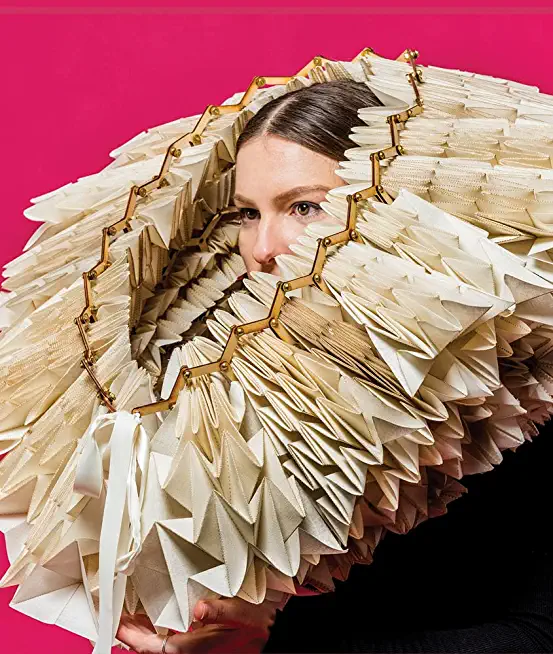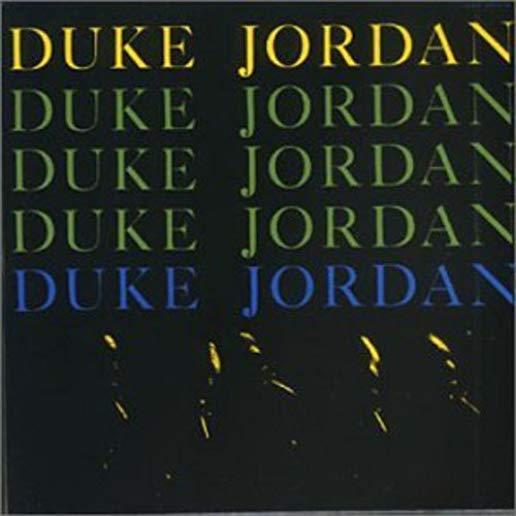
Briscoe, Susan
product information
description
jects and techniques which celebrates this traditional Japanese textile and its relevance to the modern sewer and quilter.
Learn about the history of boro and how it is being revived for a new audience using contemporary fabrics including denim, linen and shibori tie dye as well as sashiko and other embroidery stitches. The word boro comes from the Japanese boroboro meaning something tattered or repaired. It refers to textiles that have been mended or patched together for utilitarian, not decorative, purposes to make the fabric stronger and warmer, and to mend torn and threadbare areas. The techniques section includes a short stitch directory with traditional stitches (running stitch and applique) and contemporary stitches (herringbone stitch, blanket stitch, chain stitch and whipped running stitch). Other techniques include instructions on improvisational patchwork; applique: raw, turned edge and reverse; darning techniques and methods for distressing and ageing fabrics to achieve an authentic boro finish. We also look at how boro is being revived for a new audience using contemporary fabrics including denim, linen and shibori tie dye as well as sashiko and embroidery threads. The techniques section includes a short stitch directory with traditional stitches (running stitch and applique) and contemporary stitches (herringbone stitch, blanket stitch, chain stitch and whipped running stitch). Other techniques include: Instructions on improvisational patchwork Applique: raw and turned edges and reverse Darning Methods for distressing and ageing your finished boro
Learn about the history of boro and how it is being revived for a new audience using contemporary fabrics including denim, linen and shibori tie dye as well as sashiko and other embroidery stitches. The word boro comes from the Japanese boroboro meaning something tattered or repaired. It refers to textiles that have been mended or patched together for utilitarian, not decorative, purposes to make the fabric stronger and warmer, and to mend torn and threadbare areas. The techniques section includes a short stitch directory with traditional stitches (running stitch and applique) and contemporary stitches (herringbone stitch, blanket stitch, chain stitch and whipped running stitch). Other techniques include instructions on improvisational patchwork; applique: raw, turned edge and reverse; darning techniques and methods for distressing and ageing fabrics to achieve an authentic boro finish. We also look at how boro is being revived for a new audience using contemporary fabrics including denim, linen and shibori tie dye as well as sashiko and embroidery threads. The techniques section includes a short stitch directory with traditional stitches (running stitch and applique) and contemporary stitches (herringbone stitch, blanket stitch, chain stitch and whipped running stitch). Other techniques include: Instructions on improvisational patchwork Applique: raw and turned edges and reverse Darning Methods for distressing and ageing your finished boro
member goods
No member items were found under this heading.
listens & views

ROLL OVER POST ROCKERS, SO ...
by HYDRANT HOUSE PURPORT RIFE ON SLEEPY
COMPACT DISCout of stock
$19.99
Return Policy
All sales are final
Shipping
No special shipping considerations available.
Shipping fees determined at checkout.






